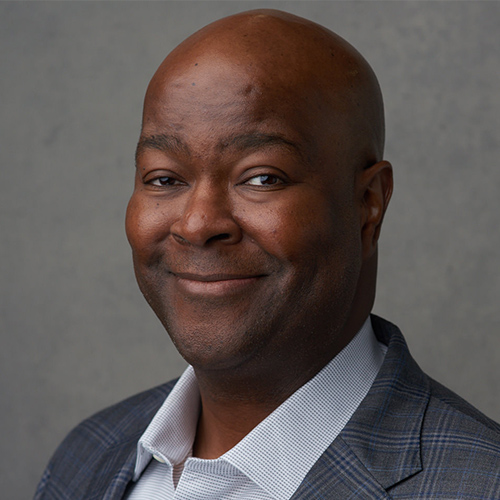3 minutes
5 steps to take
Credit unions spend a lot of time and effort managing their financial capital. I think the time is near when they will manage human capital with equal rigor—and benefit greatly from doing so.
Think about what your credit union does to make sure its financial position is poised to drive the organization's success: You establish the importance of capital management. You assemble smart, well-trained people to focus on it. You charge that group with setting forth your overall philosophy, linking that philosophy to your response to several possible future scenarios, and creating an organizational action plan to achieve the results you want.
Here’s how a credit union might apply the same approach to managing talent:

- You, the board and senior management, commit to the value of talent development. Credit unions show their commitment to financial management by budgeting to have an accounting team and a CFO, plus outside asset/liability consulting as needed. Be sure that your commitment to talent development is similarly represented in your budget. The organizational climate you establish also will impact your success.
- You establish a talent development team. This could be your HR department if you have one. Or it could be a group of senior leaders, or a cross-departmental team comprised of department leaders with great skills in developing team members. CUES Consulting could also play a role. The most important pieces are having smart, well-prepared people giving talent development focused attention.
- The team discusses and documents your talent management philosophy. Just as your credit union’s financials are aligned closely with your organization’s mission and vision, your talent development efforts must align with strategy. This encompasses your organization’s view of executive and staff compensation, such as whether you will pay above, at or below market rates. It should also include setting a vision for how deeply you will invest in learning opportunities for your staff.
- The team considers various future talent marketplace scenarios and how your CU will respond to each. Right now, there’s a war for talent and therefore a war to effectively develop internal talent. There’s also a shortage of technical talent that credit unions can afford to hire. But just as the economy changes and impacts credit unions’ finances, so too will marketplace shifts impact credit unions’ talent development picture. Your team will need to consider emerging trends. For example, how will you respond to the current trend toward expanding hiring pools through attention to diversity? And when your team becomes more diverse, how will you promote inclusion?
- The team develops an organizational action plan. Start by envisioning what success looks like. Credit unions know they have achieved financial success when they hit their target ratios. Likewise, any organizational action plan for talent development needs to include metrics for success—whether that be having everyone in your organization participate in your talent development program, becoming a more sought-after place of employment, a reduction in your turnover rate, or development of particular skills or knowledge. Then set out action steps that can help your credit union get there.
Lots of organizations, including CUES, offer a slate of learning options. And while there’s nothing wrong with a team member attending an occasional one-off program, you’ll get more return on your investment in talent development when you give it the same strategic attention and disciplined focus as you do your financial management efforts.
Since joining CUES in March 2013, John Pembroke has played a leadership role in developing and launching a new direction in CUES’ strategy, branding and culture. Under his guidance, CUES has revamped its membership structure, launched new institutes and introduced Elite Access™ Virtual Classroom, an innovative blending learning offering. Additionally, CUES has expanded its market further into Canada and the Caribbean. Pembroke’s experience includes 25 years in financial services, marketing and e-commerce. He also has served as chief marketing officer at PSCU Financial Services, St. Petersburg, Fla. Pembroke holds a B.S. in Economics from the Wharton School of Business of the University of Pennsylvania and a MBA in Marketing and Policy Studies from the Booth School of Business of the University of Chicago. Pembroke also serves on the board of directors of the Goodman Community Center, Madison, Wis., whose mission is to strengthen lives and secure futures.






